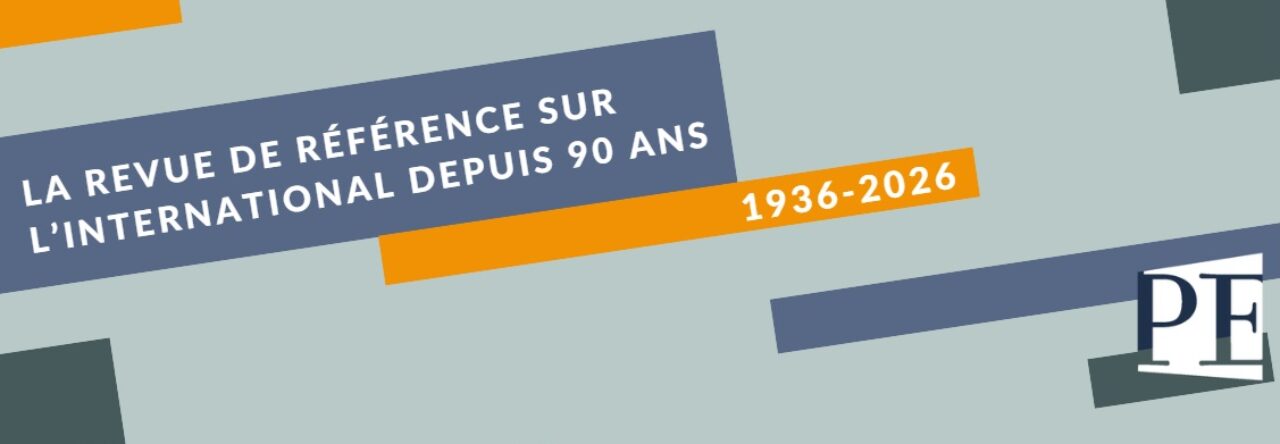Chercheur au Centre Asie de l’Ifri, John Seaman a écrit l’article « Minerais critiques : une diversification problématique » dans le n° 4/2023 de Politique étrangère. Il répond ici en exclusivité à 3 questions pour politique-etrangere.com.

1. De quelles manières la transition énergétique bouleverse-t-elle la géopolitique des matières premières ?
D’abord, il faut noter l’effet de la demande – une plus grande quantité pour une plus grande diversité de matières premières – essentiellement des métaux. Les technologies de la transition énergétique – éoliennes, panneaux solaires, véhicules électriques, systèmes à hydrogène – font déjà appel à une grande diversité de métaux, dont le lithium, le cobalt, le nickel ou le graphite pour les batteries, le néodyme ou le dysprosium (qui font partie du groupe dit des « terres rares ») pour les aimants permanents, et même des métaux de base comme le cuivre, nécessaire en grandes quantités pour soutenir une électrification massive. La demande pour ces matières premières augmente déjà et va vraisemblablement continuer de s’accroître de manière exponentielle dans les années à venir – de l’ordre de 40 fois pour certaines matières comme le lithium.
Plus la transition énergétique s’accélère – avec celle du numérique en parallèle –, plus on bascule d’un âge des hydrocarbures vers un nouvel âge des métaux, créant de nouvelles relations de dépendance et de nouveaux jeux de pouvoir. Il est clair que certains pays sont mieux lotis que d’autres : l’Indonésie avec ses réserves de nickel ; le Chili, l’Argentine ou même le Mexique avec des sources de lithium ; la République démocratique du Congo avec le cobalt ; ou encore des pays comme l’Australie et le Canada qui bénéficient de richesses minérales importantes dans leurs sous-sols.





Vous devez être connecté pour poster un commentaire.